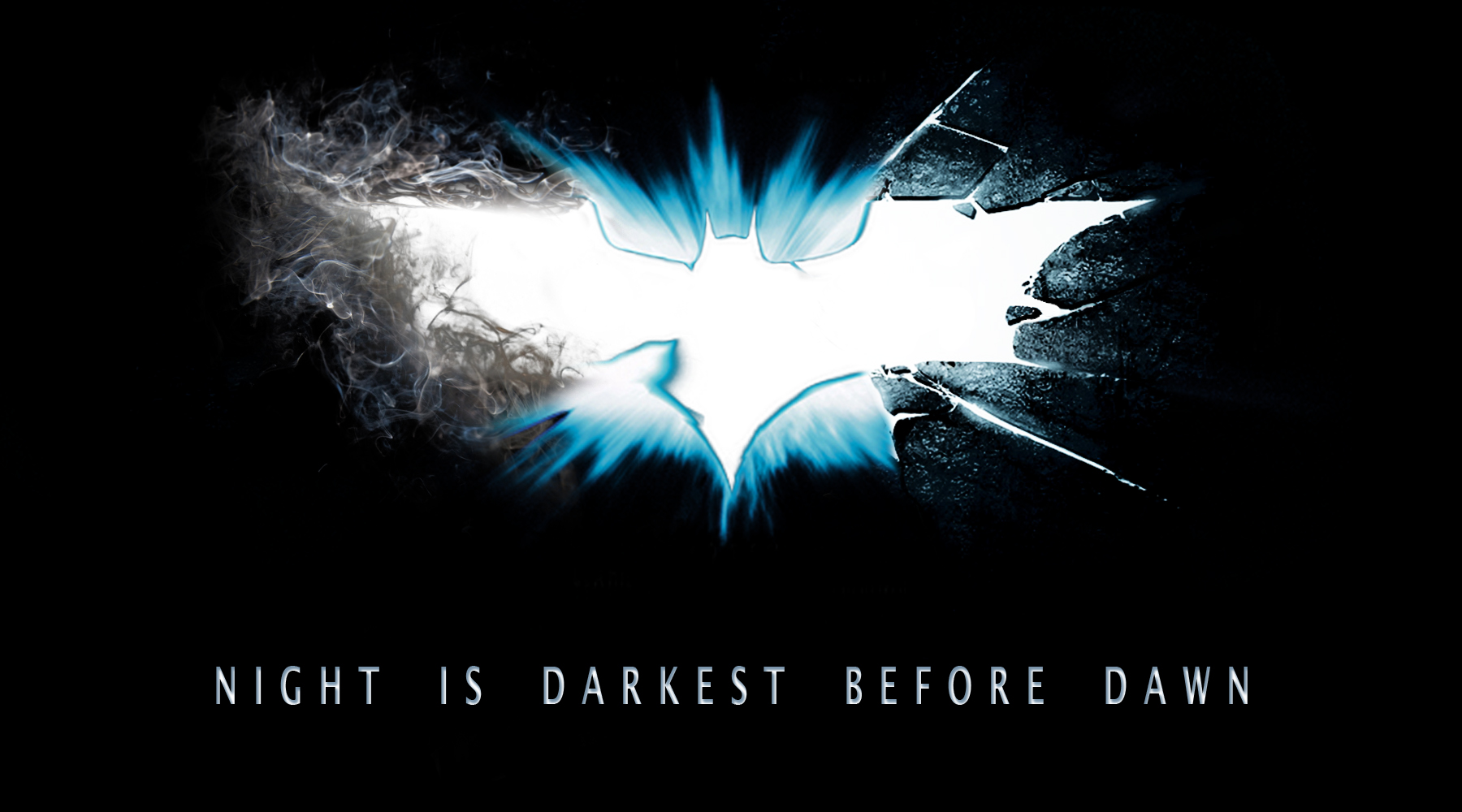
In Apocalypse Left and Right, Dan Archer
explores the nature of media, film, and our obsession with the apocalypse. In
one panel he writes: “When viewed through a cinematic lens, the threat of
apocalypse can galvanize worldwide solidarity/redemption” (1). There are many
different aspects to apocalypse that are appealing to the viewer, but this idea
of putting aside our differences to band together against a common threat seems
particularly romantic. This is especially true considering we live in a world rife with conflict that is constantly being magnified and dissected by the media. A good example of this appeal can be seen in
the 2013 apocalyptic film World War Z.
Based off of a popular novel, the film tells the story of a global contagion
that turns people into hostile zombies that push civilization, and humanity as
a whole to the brink of destruction. Eventually humans are able to overcome the
zombies, but what is particularly interesting are some of the aftereffects of
the pandemic. The world unites during the catastrophe, and afterwards there are
some positive outcomes that seemed impossible without an apocalyptic event. For
example, China and Cuba turn into thriving democracies, and most notably the
Israelis and Palestinians make peace and form a unified Palestinian state. The
Palestinian conflict is probably one of the most highly covered and contentious
issues in the world, and the idea that apocalypse can make it right is
entrancing to many viewers. Another example of this comes in The Dark Knight. One of the most powerful
lines in the film is “The night is darkest just before the dawn”, and represents Gotham's rejuvenation following disaster. This one line
encapsulates this idea of new hope emerging from apocalypse and destroyed
worlds.

Elaine Pagels touches on this phenomenon in
Christian writings: “Whether one sees in John's visions the destruction of the
whole world… his final vision suggests that even after the worst we can imagine
has happened, we may find the astonishing gift of new life” (3). This idea of
post-catastrophe rebirth and revitalization is one of the most appealing
aspects of apocalyptic stories, and is a large part as to why we as a society are so enthralled with apocalypse.


No comments:
Post a Comment